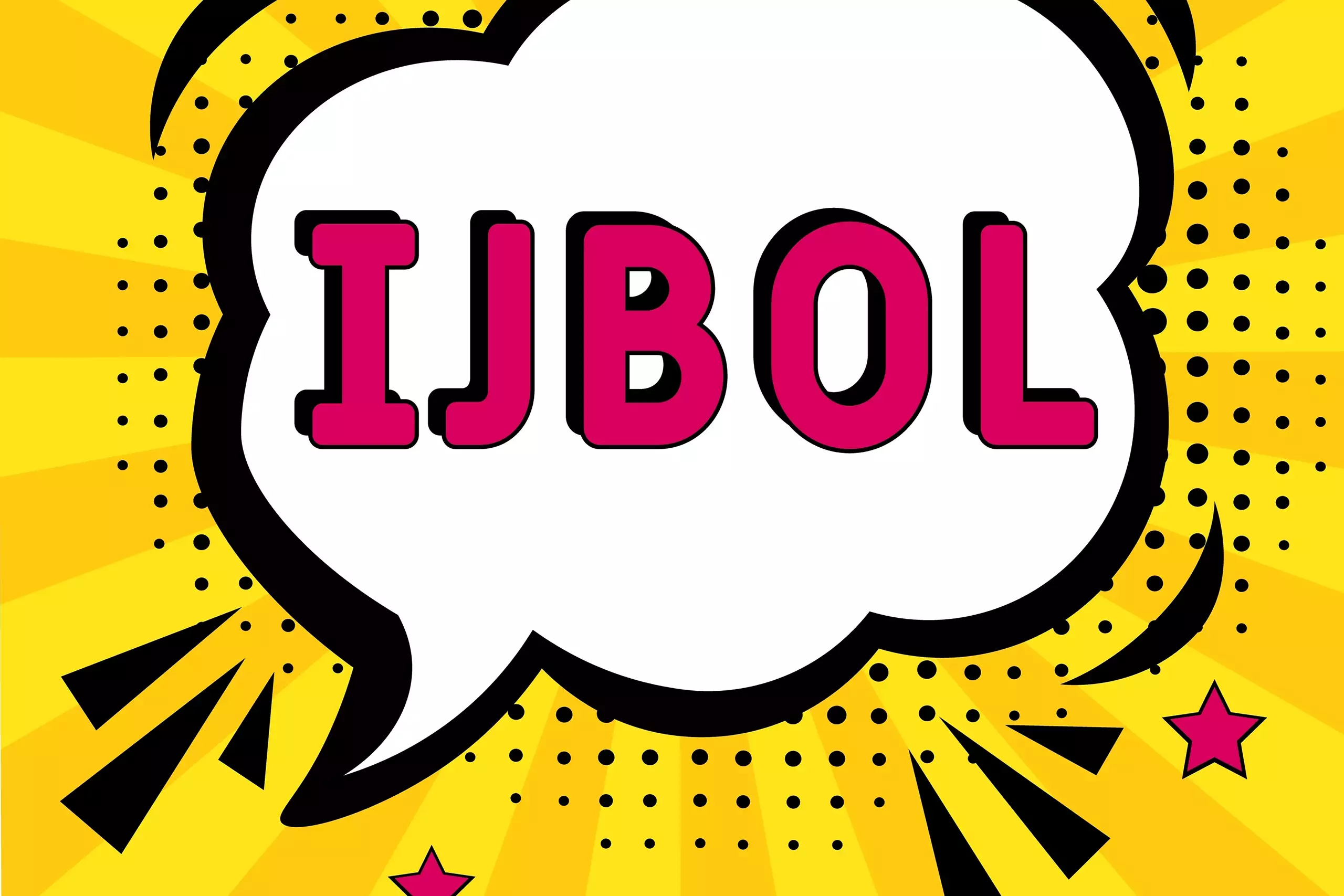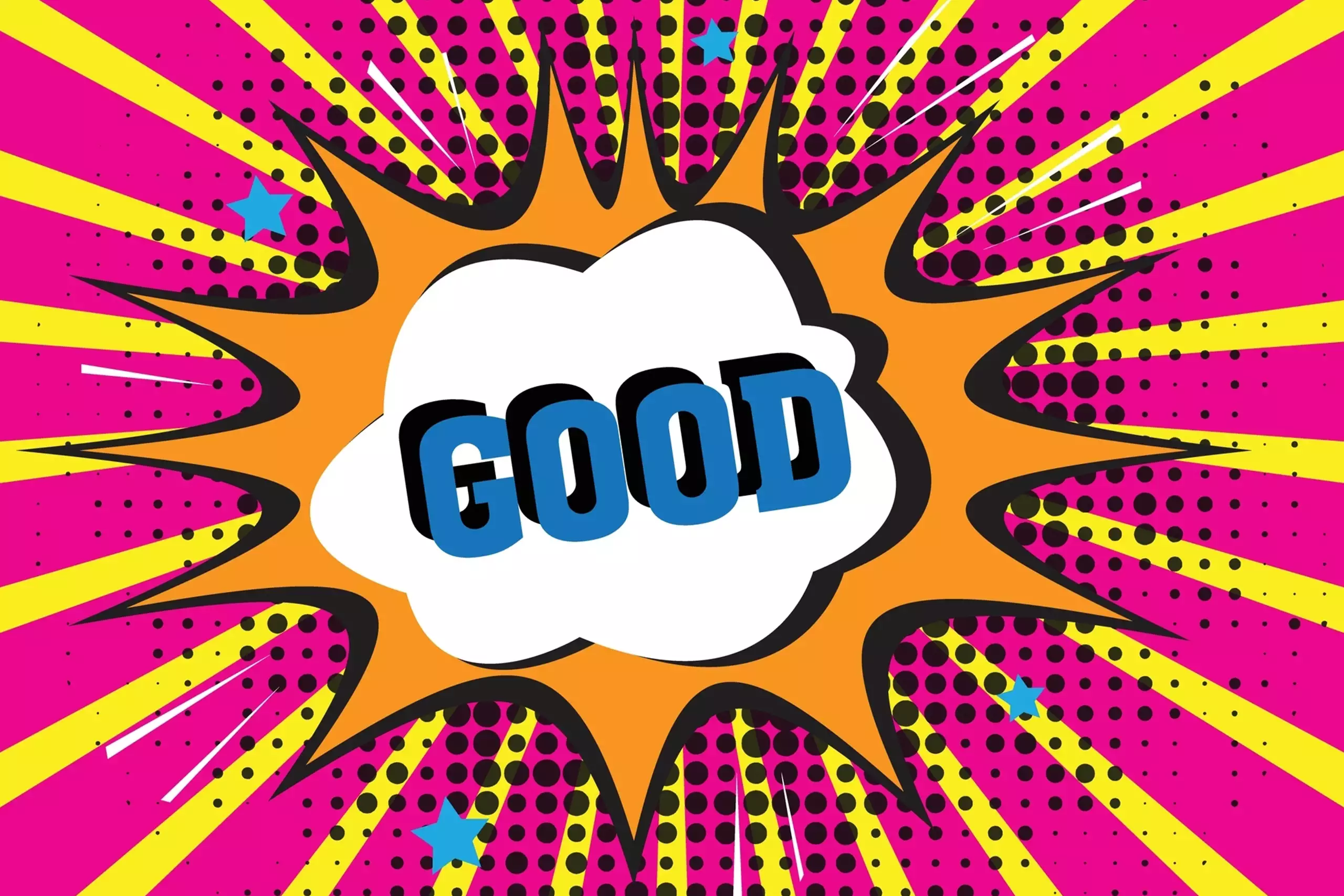Have you ever come across the letters WLW and wondered, "What does WLW mean?" You are not alone, you know. It's a question many folks ask, especially as we all work to understand different people and their ways of living. This term, which stands for Women Loving Women, is actually a really important way to talk about a wide range of experiences and connections. It helps bring a lot of different stories together, in a way, under one umbrella.
Getting to grips with terms like WLW helps us build kinder, more open communities. When we know what words mean, we can speak with more respect and connect better with others. It's about making sure everyone feels seen and valued, which is something we all want, right? As a matter of fact, understanding these terms just makes the world a bit more welcoming for everyone involved.
This guide aims to clear things up about what WLW means, what it covers, and why it matters so much. We will explore the term's many facets, talk about the community that forms around it, and share ways to show support. By the way, you will get some answers to common questions, too. So, let's find out more about this important phrase and what it truly represents.
Table of Contents
- What is WLW? Getting to Know the Term
- More on WLW Identity: Beyond the Basics
- The WLW Community: A Place to Belong
- Why Understanding Terms Matters for Everyone
- Supporting WLW Individuals: Simple Steps
- Common Questions About WLW
What is WLW? Getting to Know the Term
The phrase "WLW" is a simple, straightforward way to talk about "Women Loving Women." It's an umbrella term, you see, that includes any woman who feels a deep, romantic, or intimate pull towards other women. This could mean women who are exclusively attracted to women, or those who find themselves drawn to women alongside other genders. It's pretty broad, actually.
This term has gained quite a bit of traction lately, especially online and in younger groups, as a way to be more inclusive. It helps capture the experiences of many women who might not feel that older labels quite fit their personal feelings or their life story. So, it's a way of talking that just feels more right for a lot of people, apparently.
People use WLW for many reasons. Sometimes, it is a personal identifier. Other times, it helps describe a relationship or a shared space. It's a useful shorthand, in some respects, for discussing attraction that focuses on women. This term really helps to bring together many different experiences under one clear banner, which is quite helpful, you know.
More on WLW Identity: Beyond the Basics
When we talk about WLW, it is important to remember that it covers a lot of different ways people feel and live. It's not just one single experience, you know, but a rich collection of many different feelings. For instance, a woman who only feels romantic attraction to other women might identify as a lesbian. That's one specific part of the WLW world.
Then there are women who are attracted to women and also to other genders, like men or non-binary people. These individuals might call themselves bisexual or pansexual. They are still very much part of the WLW group because they do, in fact, experience love for women. So, the term WLW really helps to include all these different shades of attraction, which is pretty neat.
The beauty of WLW is its flexibility. It acknowledges that attraction can be fluid and personal. Some women might use WLW because they are still figuring out their feelings, or because they prefer a term that doesn't put them into a very specific box. It's about respecting individual journeys and letting people choose what feels true to them, which is, honestly, just a good way to be.
The WLW Community: A Place to Belong
Finding others who share similar experiences can be incredibly comforting and empowering. The WLW community, both online and in person, provides a space where women who love women can connect, share stories, and offer support. It's a place where people can feel understood and celebrated for who they are, which is pretty important, actually.
These communities often host events, create discussion groups, and offer resources. Think about book clubs focused on WLW authors, social gatherings, or online forums where people can chat freely. These spaces help to build connections and friendships that might not happen otherwise. It's a place where people can really feel at home, you know, and just be themselves.
For many, the WLW community is a source of strength and affirmation. It is where they can find role models, get advice, and simply be around people who get it. This sense of belonging is a really big deal, especially for those who might feel isolated in their daily lives. It offers a kind of collective warmth, you know, a place where everyone is pulling for each other.
Why Understanding Terms Matters for Everyone
Knowing what terms like WLW mean is more than just learning a new word; it is about showing respect and creating a more welcoming world for everyone. When we use words correctly, we show that we care about how others see themselves and how they want to be seen. It's a simple step, but it really makes a difference, as a matter of fact.
Clear communication is really key in all parts of life, isn't it? Knowing what a term means, really, helps everyone communicate better. It's a bit like how knowing when to use "do" or "does" in a sentence makes your English clear. You see, both "do" and "does" are present tense forms of the verb "do", and which one you pick depends on the subject of your sentence. Understanding when to use these forms is key for speaking and writing English correctly, as you might know.
For instance, you use "do" with pronouns like "I," "you," "we," and "they." But for "he," "she," or "it," you use "does." This kind of precise usage, you know, just helps everyone understand each other without confusion. Similarly, understanding what WLW means helps us avoid misunderstandings and shows that we are paying attention to how people identify. It helps to foster good connections, actually, and makes conversations flow more easily.
Supporting WLW Individuals: Simple Steps
Being a good ally to WLW individuals is really about being kind, open, and willing to learn. It does not require grand gestures, just simple, everyday actions. One of the best things you can do is simply listen when someone shares their experiences. Give them your full attention, you know, and just try to understand their point of view.
Another important step is to respect how people talk about themselves. This means using the right names and pronouns. If someone tells you they prefer "she/her" pronouns, or a certain name, just use them. It shows you care, which is pretty important. It's a small thing that means a whole lot to the person, honestly.
You can also help by speaking up against unfairness or unkind remarks. If you hear someone say something hurtful about WLW people, gently correct them or show your disagreement. Creating spaces where everyone feels safe and accepted is something we can all work on. Just being a visible supporter, you know, can make a huge difference for someone.
Supporting WLW individuals also means recognizing their relationships and families as just as valid and loving as any other. Celebrate their joys, offer comfort in their struggles, and treat their connections with the same respect you would anyone else's. It's about seeing their full humanity, which is, basically, what everyone deserves. Learn more about supporting diverse communities on our site, and you can also find more resources on building inclusive spaces here.
Common Questions About WLW
Is WLW just another word for lesbian?
No, not really. While all lesbians are WLW, the term WLW is broader, you see. It includes lesbians, but also women who are bisexual, pansexual, or queer, as long as they experience attraction to other women. So, it's more of an umbrella, kind of, that covers a wider range of experiences than just "lesbian."
Can a non-binary person be WLW?
Yes, absolutely. If a non-binary person identifies as a woman, or as woman-aligned, and experiences attraction to other women, then they can certainly use the term WLW. The key part is their connection to womanhood and their attraction to women. It's about self-identification, really, and how they feel about their own gender and attractions.
How can I be a good ally to WLW people?
Being a good ally involves several simple things. First, listen and learn from WLW individuals themselves. Respect their identities, including their chosen names and pronouns. Speak up against unfairness or negative talk, and work to create welcoming environments. You can also educate yourself using reliable sources, like the GLAAD website, for example. It's about consistent support, you know, and just showing you care.



Detail Author:
- Name : Annette Muller
- Username : zsimonis
- Email : jacynthe29@koss.biz
- Birthdate : 1985-09-24
- Address : 2662 Lincoln Dale West Jake, LA 89336-9010
- Phone : +1-989-216-8020
- Company : Eichmann Group
- Job : Irradiated-Fuel Handler
- Bio : Qui fugiat dolores aut ut aut aliquam dolorum. Reiciendis itaque quaerat maxime explicabo. Illo dolor asperiores tempore quidem asperiores eaque.
Socials
facebook:
- url : https://facebook.com/tdickens
- username : tdickens
- bio : Accusamus alias omnis sunt eveniet eius ipsum.
- followers : 6136
- following : 1900
twitter:
- url : https://twitter.com/thomas.dickens
- username : thomas.dickens
- bio : Sint non ipsam animi. Possimus rerum dolores architecto reprehenderit quae. Atque debitis nihil voluptates impedit quo dolorem consequatur.
- followers : 2126
- following : 2807
tiktok:
- url : https://tiktok.com/@tdickens
- username : tdickens
- bio : Consequatur voluptatem eius sequi maiores tempora voluptas qui.
- followers : 2497
- following : 2356
linkedin:
- url : https://linkedin.com/in/thomas.dickens
- username : thomas.dickens
- bio : Sunt atque facilis quia.
- followers : 202
- following : 2380
instagram:
- url : https://instagram.com/thomas_dickens
- username : thomas_dickens
- bio : Deserunt eligendi sint dolorum. Eaque explicabo iure aut sequi iste perferendis.
- followers : 5370
- following : 585

